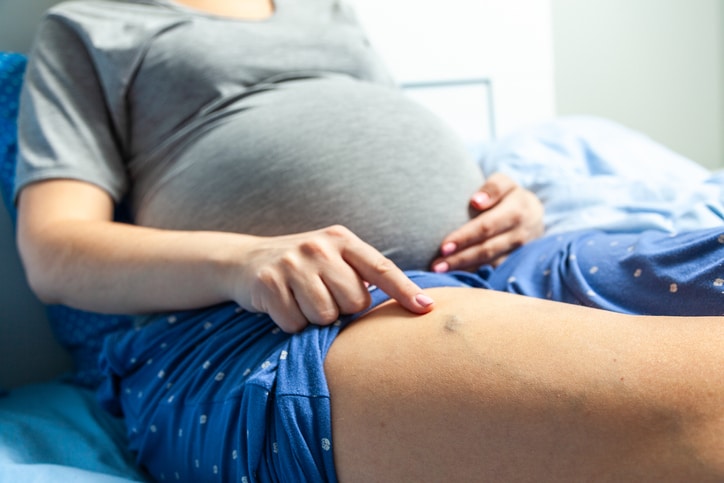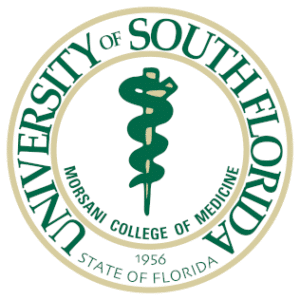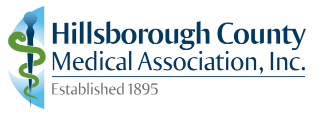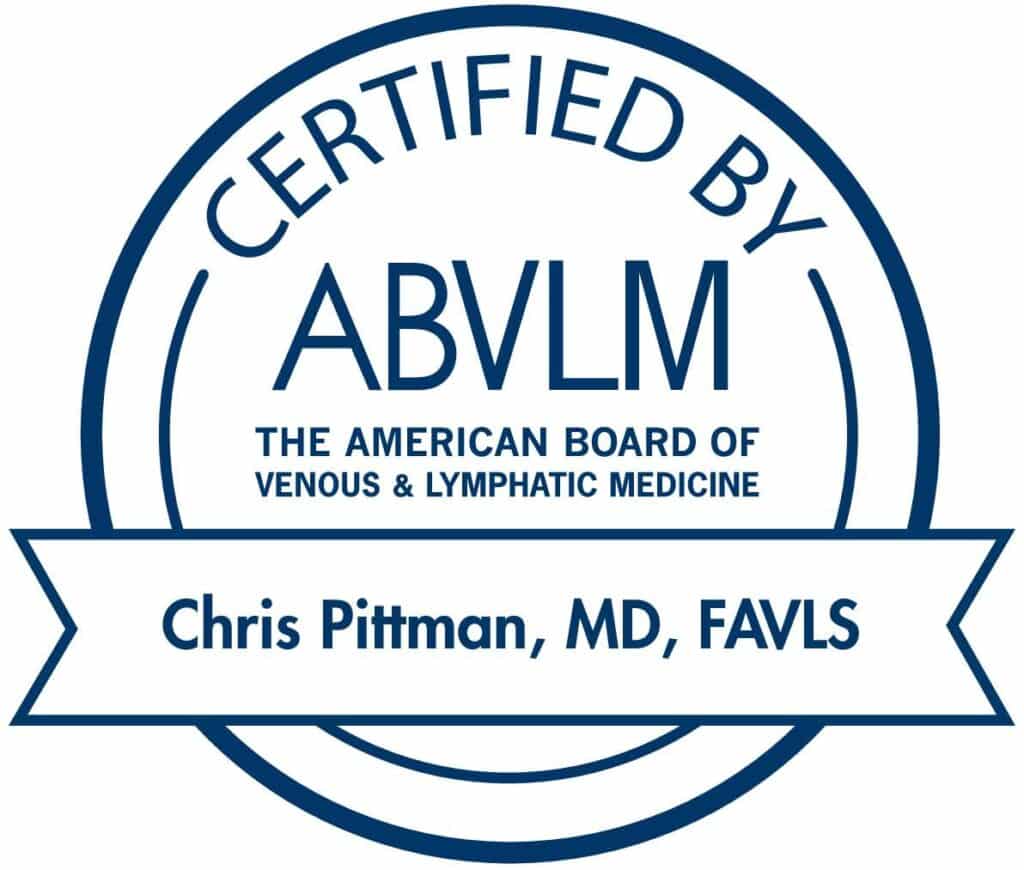Varicose veins that occur during pregnancy are uncomfortable and slightly painful, but are they dangerous? Discover just how dangerous they are and learn how you can prevent them from occurring.
What are Varicose Veins?
Normal, healthy veins run unnoticed below the skin all throughout your body. If the veins are exposed to extreme pressure or become blocked, they can start to grow and swell. The swelling pushes the veins against the surface of the skin which causes unsightly purplish lumps to appear. When this happens the veins are no longer healthy and are instead classified as varicose veins.
Are Varicose Veins Dangerous during Pregnancy?
Varicose veins may be uncomfortable and embarrassing, but they are usually not dangerous. If you develop them during pregnancy, you may experience slight pain, some discomfort, and itching, but most of the time serious problems do not occur.
While varicose veins during pregnancy are not usually dangerous, there is a very small chance that other more serious problems can occur. Blood clots and deep vein thrombosis (DVT) can happen in varicose veins.
How to Prevent Varicose Veins During Pregnancy
There is no guaranteed way to prevent varicose veins from occurring during pregnancy. However, you can dramatically reduce your risk of experiencing them by making simple lifestyle changes.
Some of the things you can do to prevent varicose veins during pregnancy include:
- • Monitor your weight gain – you will gain weight during your pregnancy, but try not to gain too much weight as the extra weight puts pressure on the veins
- • Trying to sleep on the left side – reduces pressure on the body’s main blood vessels and veins
- • Maintain a healthy diet
- • Avoid wearing clothing that is too tight
- • Elevate your feet and legs
- • Avoid standing or sitting for too long
- • Remain active
When Will Varicose Veins Go Away?
Varicose veins that develop during pregnancy usually go away several months after you give birth. However, that doesn’t always happen.
For some women varicose veins don’t go away after pregnancy. When this happens, in-office vein treatment such as ultrasound-guided sclerotherapy or endovenous laser treatment may be needed to reduce the pain and swelling of the veins. A vein specialist can help you find the proper treatment that will reduce any pain or swelling caused by varicose veins.
When Should You See a Doctor for Varicose Veins During Pregnancy?
Even though most cases of varicose veins during pregnancy don’t cause any problems there is still a slight risk that problems could occur. In order to prevent problems from occurring it is a good idea to schedule an appointment to see a vein specialist as soon as you notice varicose veins are starting to develop.
A vein specialist will monitor your vein health during your pregnancy. Should other more serious problems, such as deep vein thrombosis, occur, you have a doctor who is able to provide prompt treatment.
Looking for a vein specialist who can monitor your varicose veins during pregnancy? Call Vein 911 in Tampa, Florida to schedule an appointment with Dr. Chris Pittman. Dr. Chris Pittman has experience in monitoring vein health during pregnancies and treating any problems that arise.











